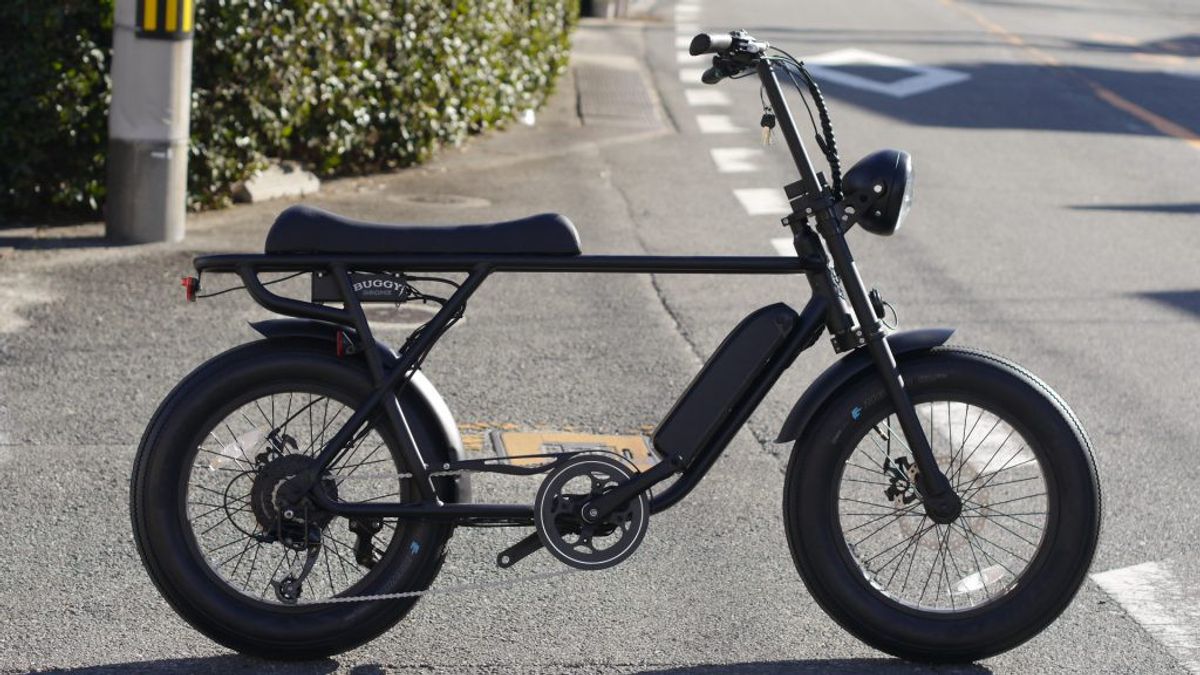JAKARTA – The implementation of battery swaps for electric vehicles is still slow in the electric car market. However, for the e-scooter and e-bike market, this program has become a hit. This program is easier and cheaper to use for rental companies to keep small vehicles always available on city streets.
But the fast-growing micromobility industry is facing a snag as companies, reluctant to give up the secret recipe for their own technology, resist widespread battery standardization. Though this can be a development that can increase efficiency.
When e-scooters first hit the streets in large numbers a few years ago, major providers like Dott and Tier had to load their scooters in vans every day. Next, they transport it to a warehouse on the outskirts of town to charge the e-scooter overnight. This only adds to urban congestion and means the scooter is not on the streets ready to rent.
Most major providers have since adopted interchangeable batteries in the global micromobility market. This makes for a significant increase in opinion. Where their income was under USD 3 billion in 2019 before the pandemic hit, they could now reach USD 10 billion by 2025.
"The swappable battery has been a game-changer for us," Tinia Muehlfenzl, Berlin-based vice president of market development for Tier, told Reuters. "We don't have to collect all the scooters anymore to charge them, we can do it on the road."
Micromobility providers are now sending crews on electric cargo bikes or electric vans to swap batteries during the day. This method keeps scooters or bicycles circulating and reduces road congestion.
In London, Dott workers like Zhelyo Kolev, who travels in an electric Maxus van, say they can check tires and brakes or make minor repairs while changing batteries in just seconds.
Today we announced that our our e-scooter pilot in the eastern Bronx will expand this June, doubling the program’s footprint. In less than a year, the three e-scooter share companies in the pilot have recorded more than 480,000 trips. pic.twitter.com/isbcUSHYnM
— NYC DOT (@NYC_DOT) March 24, 2022
Swapable batteries are now a feature of Europe's micromobility landscape that cities seem to like them, in tenders for operators to launch e-scooter and e-bike services as they reduce congestion and emissions.
But like major automakers, some e-scooter and e-bike providers have little desire to give up their own battery technology in the interest of standardization. Because doing so would allow public battery exchange stations to become large, where consumers could swap their own batteries.
SEE ALSO:
In this battery swap, the process is easier for a battery that weighs about 5 kg. Luckily, only a small part of the electric car battery can weigh 500 kg.
Muehlfenzl from Tier said their company supports standardization of batteries. But he admits that for everyone, including Tiers, submitting their own battery technology to the same industry standard is difficult and will take time to agree.
"It's going to be very difficult because, where are you going to start and where are you going to end up?" said Muehlfenzl. "You need to deploy your own infrastructure to standards you don't have and may not know about."
Mina Nada, chief executive of Zoomo, a provider of electric delivery bikes in Australia, said that increased regulation and industry consolidation would likely lead to more standardized e-bike batteries, or at least with standard charging systems.
"It will be difficult to complete standardization," he added. "But I also see a path to consolidation and less variability than we have at the moment."
The English, Chinese, Japanese, Arabic, and French versions are automatically generated by the AI. So there may still be inaccuracies in translating, please always see Indonesian as our main language. (system supported by DigitalSiber.id)















